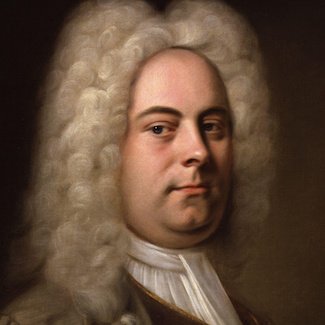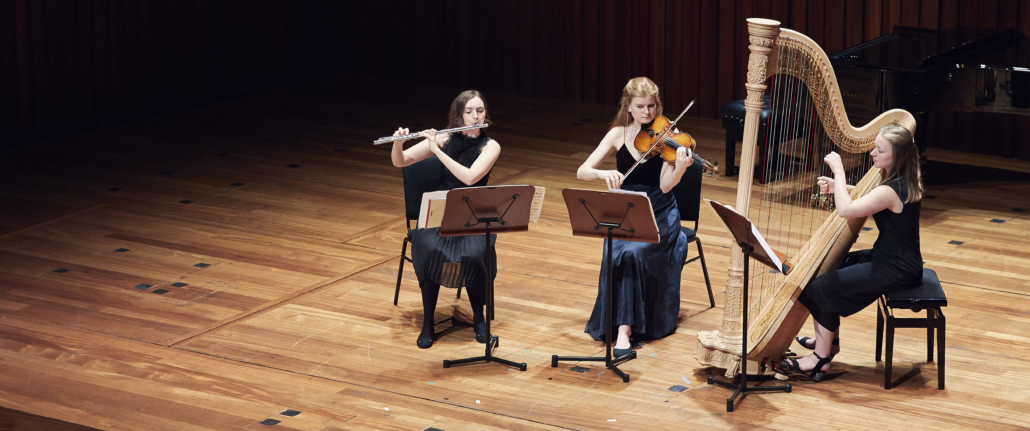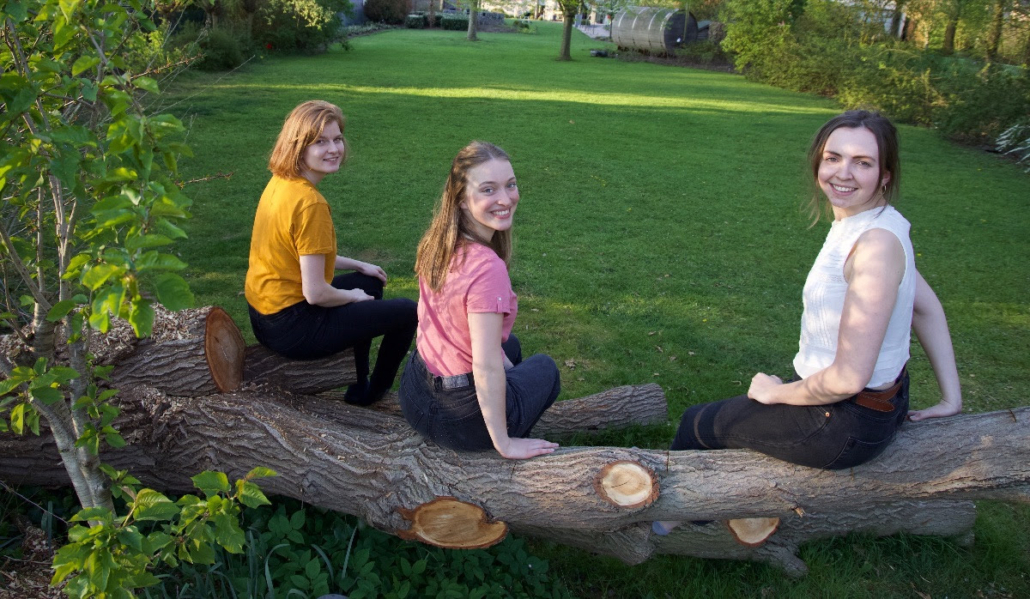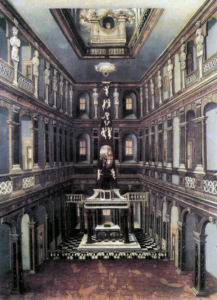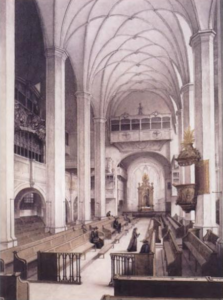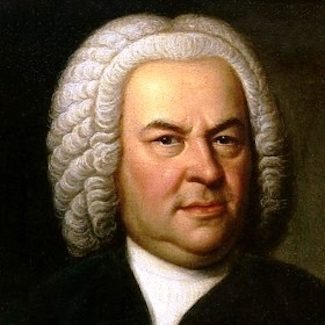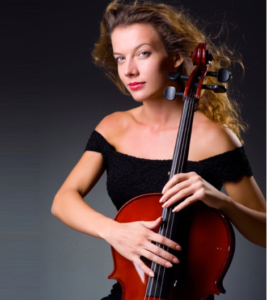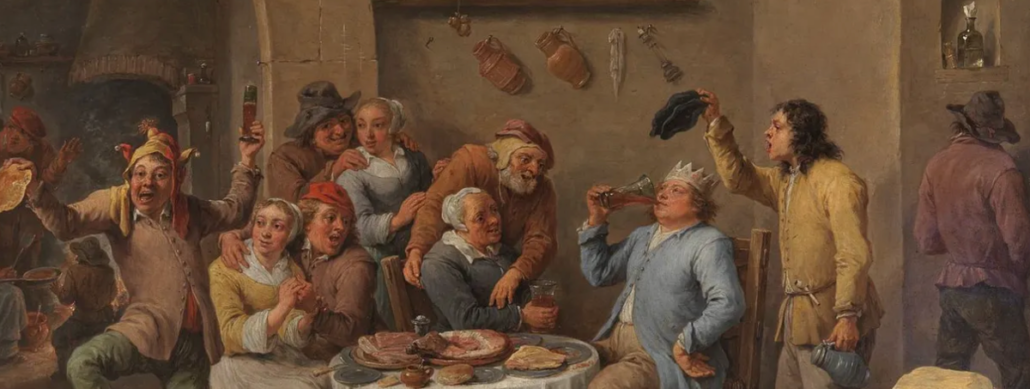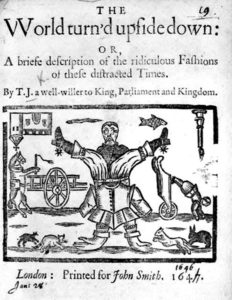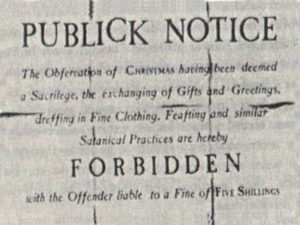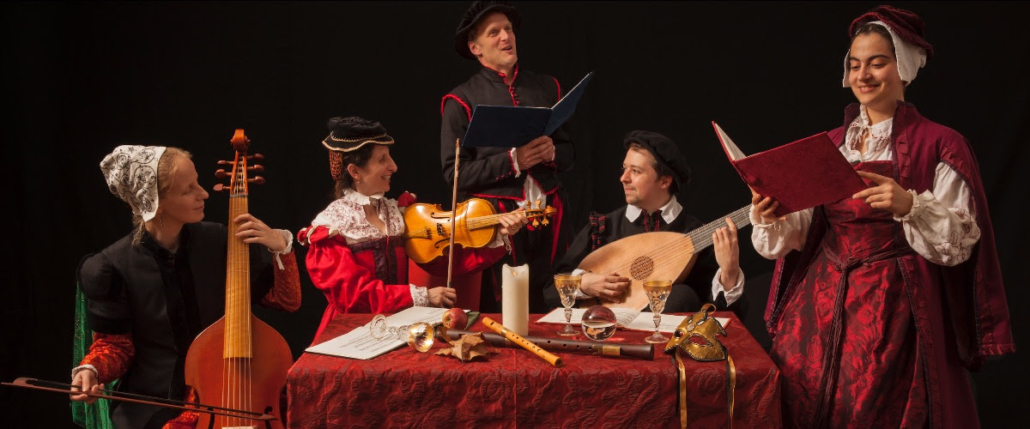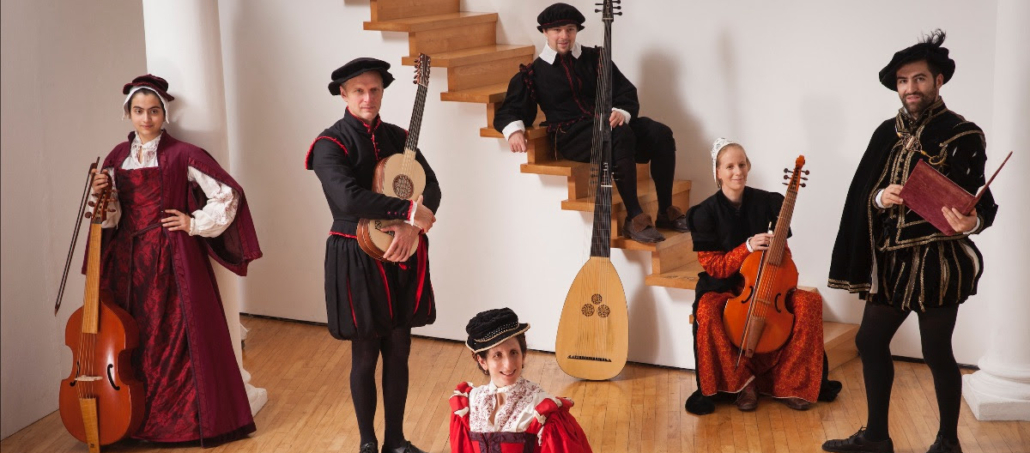A Summer evening of Baroque music
Some of the finest music from the Baroque age will be performed live in Bath on 27 August when the dynamic and exciting young ensemble Convivio return to the city.
Convivio is an eight piece ensemble made up of some of the UK’s leading young period instrument players – here is a taste of them performing at the sell-out Bath Recitals concert last August:
In addition to performing in Bath, Convivio’s masterful and acclaimed performances have been enjoyed in venues ranging from the Chapel Royal at Hampton Court Palace to mission churches in the Bolivian jungle!

In the concert on Saturday 27 August at St Michael’s Without, Convivio will perform music by Handel’s contemporaries including Vivaldi, Telemann, Hasse and Fasch.
The concert will feature The Alchemist, the first of Handel’s works to be performed in England: it was turned into incidental music for Ben Jonson’s Alchemist in 1710.
“First time in the beautiful St Michael’s Without at a fabulous concert by the baroque ensemble Convivio. So good to see a sell out audience for this wonderful event.“
Audience member, Convivio concert, August 2021
CONVIVIO
The Alchemist:
Music by Handel and his contemporaries
Saturday 27 August, 7:30pm
St Michael’s Church, Broad Street, Bath, BA1 5LJ
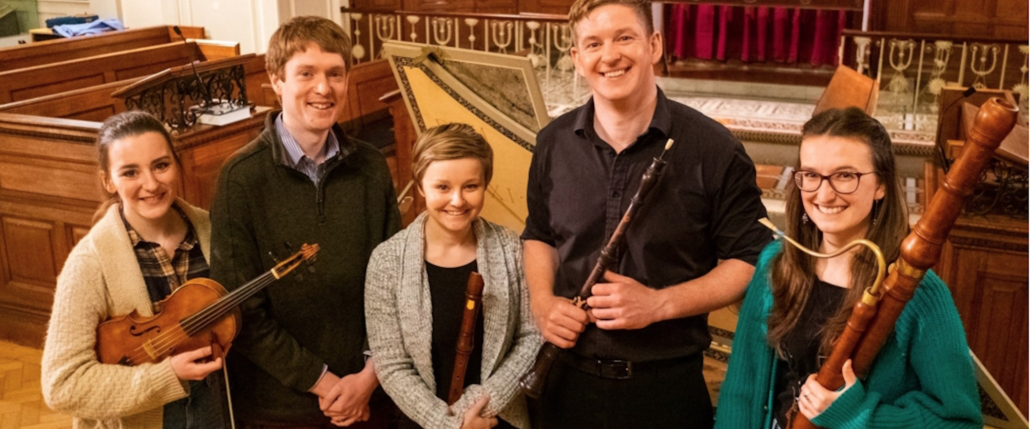
Handel: The Alchemist Suite
Fasch: Sonata in F Minor
Hasse: Oboe Concerto in F Major
Handel: Sinfonia in B flat
Vivaldi: Sinfonia in G
Telemann: Concerto for 2 oboes, bassoon and strings in D Minor


